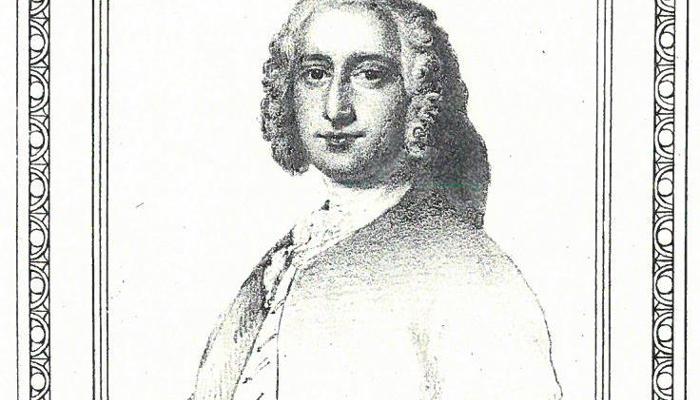
Glasgow Plantation Owners in Jamaica
The family of Keir and Cadder

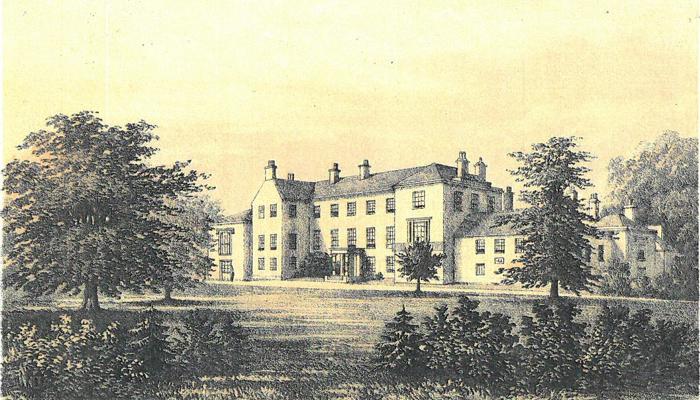
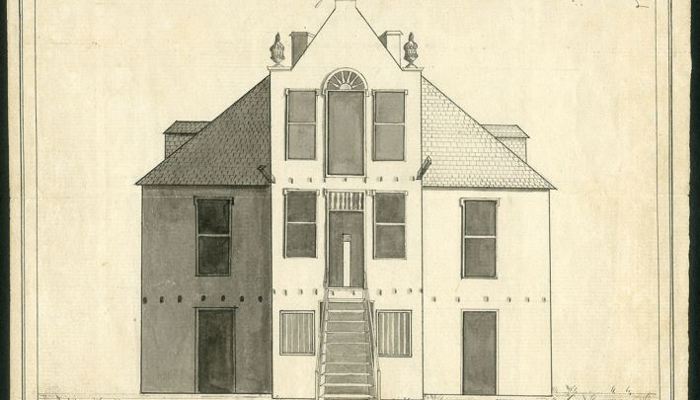
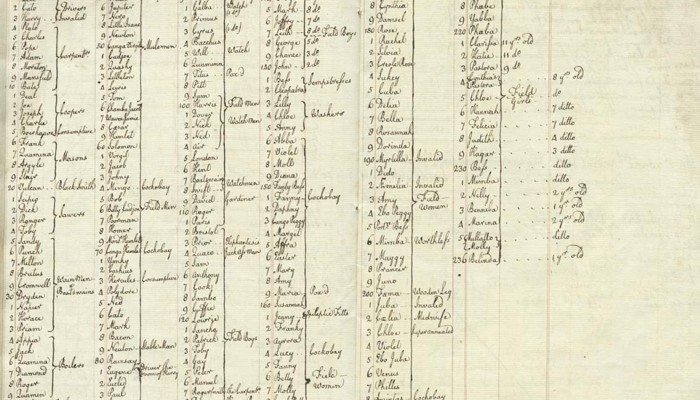
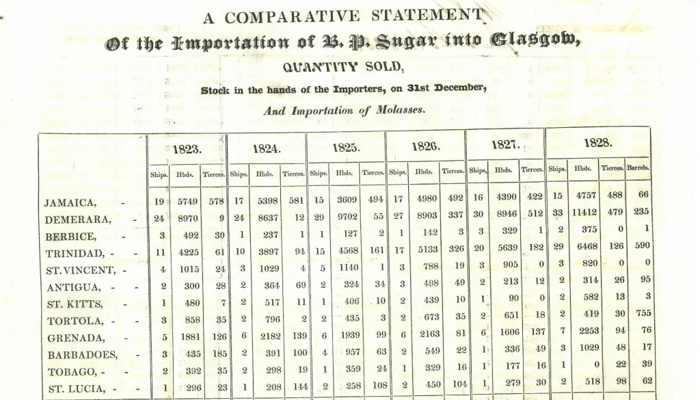
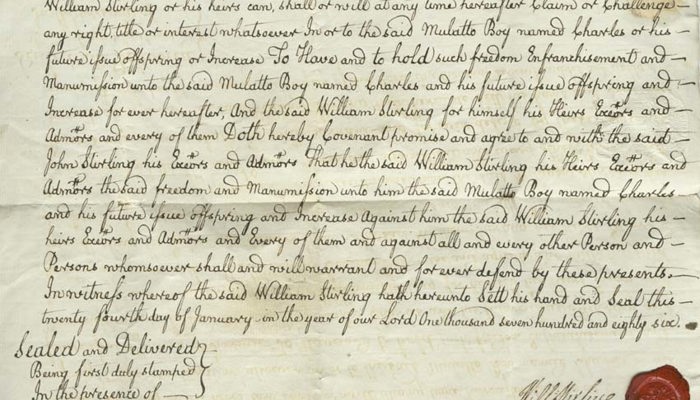
14th August 2018
In the 17th and 18th centuries Glasgow achieved commercial success through its trade in tobacco and sugar. Its merchants acquired land on the east coast of America and in the West Indies where the land was cleared for tobacco and sugar plantations.
The Scots relationship with the Caribbean became more significant, particularly after American Independence. Jamaica became the dominant island in the Caribbean and by the late 1700s one-third of Jamaican plantations were owned by Scots. These plantations, which depended on enslaved workers, were central components in Scotland and Glasgow’s overseas commerce for most of the 18th century.
The family of Keir and Cadder owned two sugar estates in Jamaica – Hampden in St James and Frontier in St Mary – from the 1720s until the 1850s, although by then the estates had long ceased to be profitable. Like many other merchants they worked out of Glasgow and much of their goods and profits from West Indian slavery were unloaded at the docks in the city.
James Stirling of Keir and Cadder (1679-1749) and his wife Marion Stuart had twenty-two children, several of whom became merchants in Jamaica. A younger son, Archibald Stirling (1710-1783), who inherited Keir in 1757, had already shown considerable financial ability, and supported relatives who were planters on various Jamaican sugar plantations. On the death of Archibald Stirling the estates passed to his brother William (1725-1793). Charles Stirling (1771-1830), his younger son became a successful West India merchant in the Glasgow firm of Somerville, Gordon & Co. His financial success enabled him to purchase the estate of Kenmure, and make substantial alterations to the house at Cadder to designs by David Hamilton.
The Stirling of Keir archive is held in Glasgow City Archives which is located in the Mitchell Library. The collection is one of the most comprehensive in Scotland for the study of Caribbean slavery. It includes accounts and other financial records, correspondence, letter books, details of ship arrivals and their cargo and other papers which together tell the story of the management of plantations and provide insight into the world of enslaved people.
A selection of these have been digitised and are available at Glasgow City Archives digital resources page.
Dr Irene O’Brien,
Senior Archivist, Glasgow City Archives
